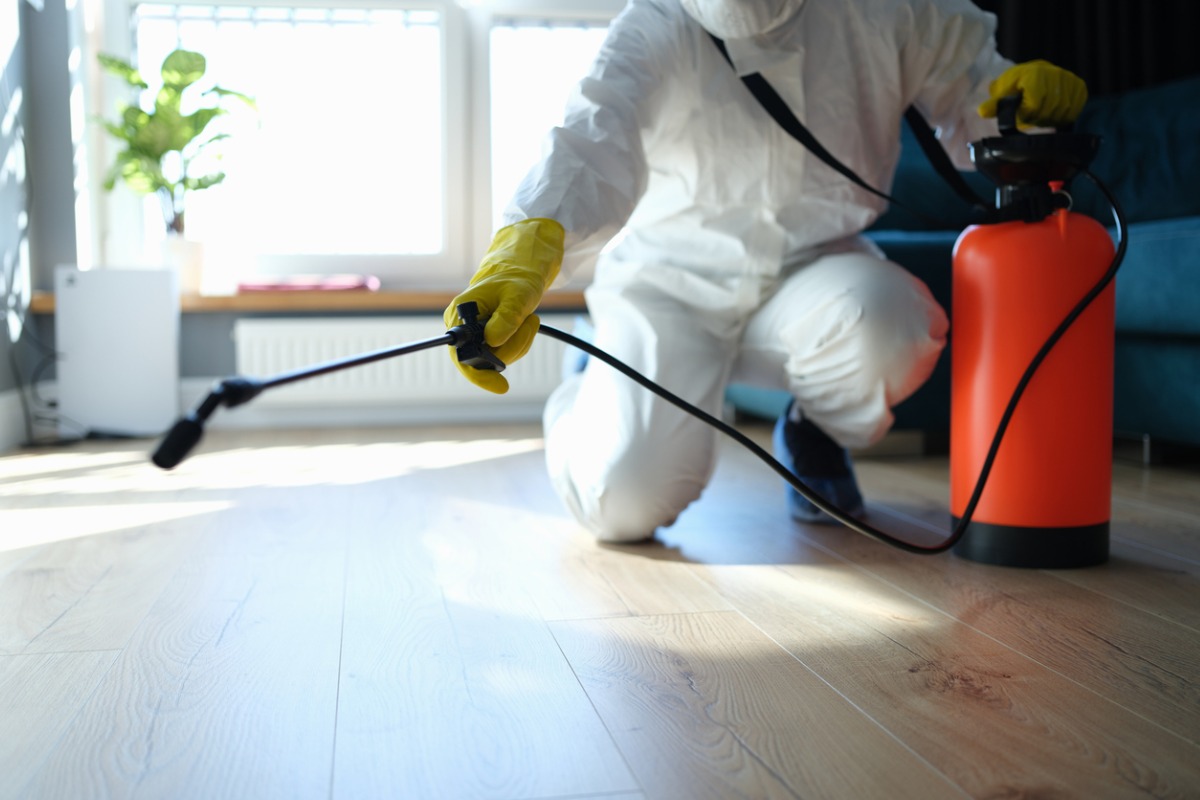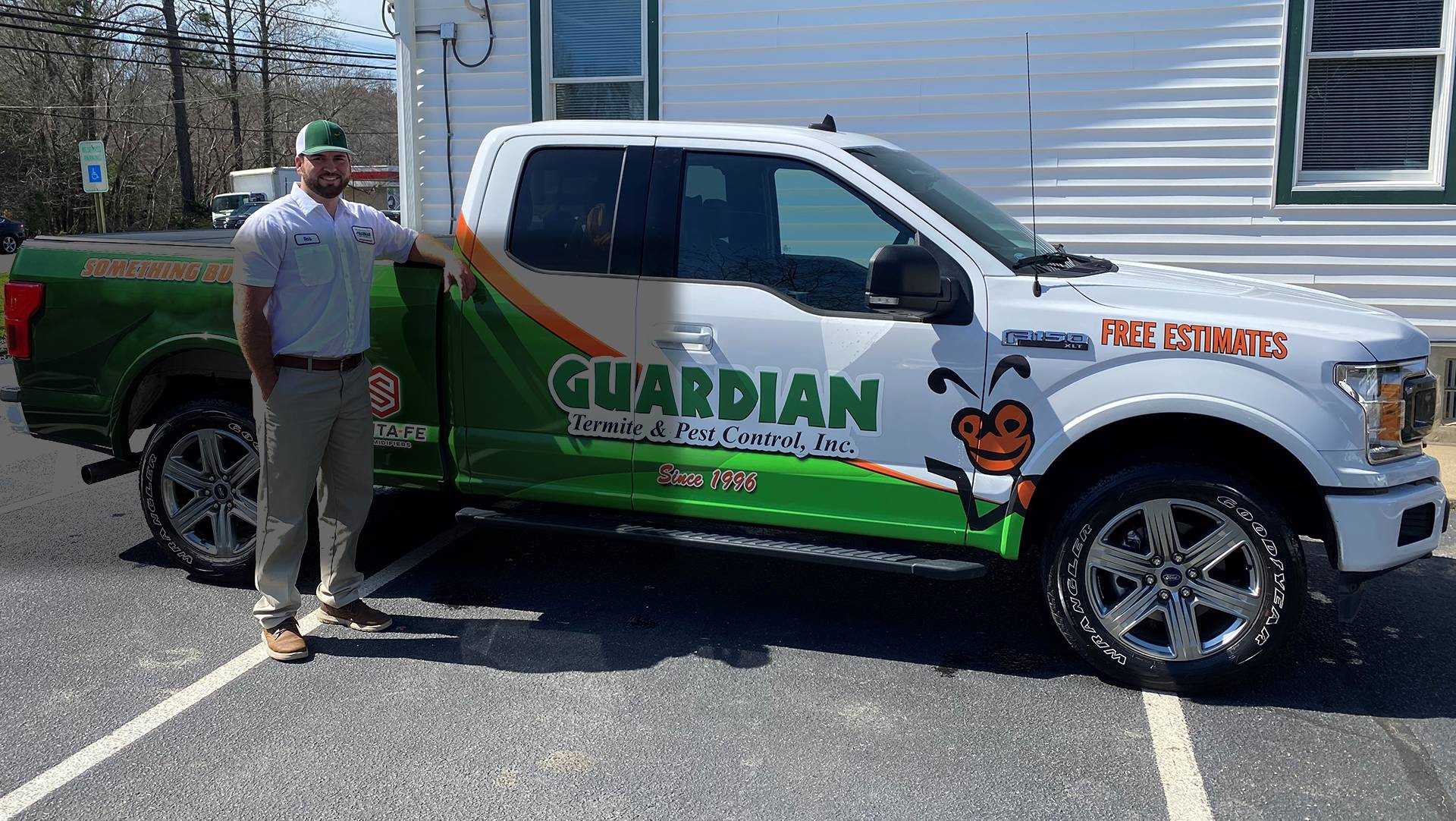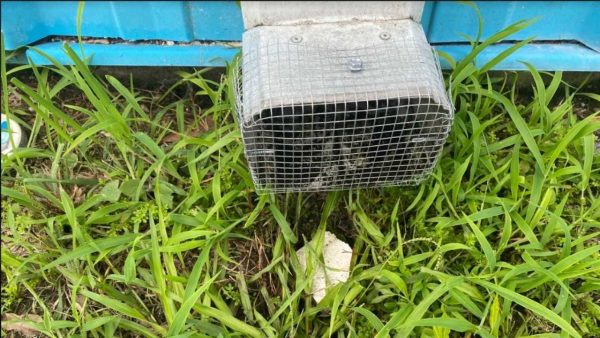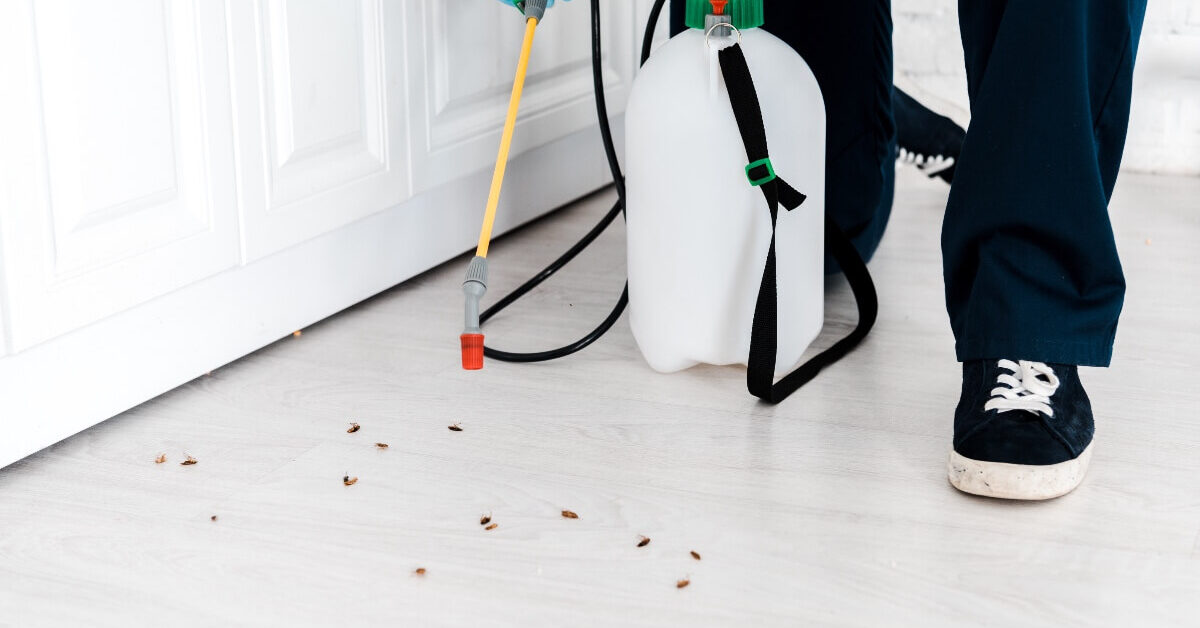Reliable Cockroach Exterminator Port Charlotte to Stop Infestations in Your Home
Uncover the Significance of Insect Control in Preserving a Healthy And Balanced Environment and Therapy Techniques

The Role of Parasites in Ecological Communities
Bugs, commonly viewed only as problems, play a complex role in ecological communities that is important for keeping ecological equilibrium. They add considerably to numerous ecological procedures, including pollination, nutrition biking, and insect control. Numerous insect types, such as and butterflies, are crucial pollinators for a vast range of plants, which in turn supports biodiversity and food manufacturing.
Furthermore, insects work as victim for many killers, creating an essential web link in food webs. This interdependence guarantees the survival of different varieties and aids manage populations within communities (Termite treatment Port Charlotte). Moreover, decomposer parasites, such as particular beetles and fungis, are important in breaking down organic matter, therefore enriching dirt and facilitating vitamins and mineral recycling.
Conversely, while pests can be beneficial, their overpopulation or invasion right into non-native settings might interrupt these environmental functions. This complexity underscores the importance of understanding parasite characteristics, as efficient pest management approaches have to think about both their environmental roles and potential influence on human tasks. Balancing pest presence while decreasing injury is necessary for protecting the integrity of ecosystems and making certain agricultural productivity.
Wellness Dangers Related To Parasites
The existence of pests in numerous atmospheres extends beyond their ecological duties, as they likewise pose considerable health threats to people and pets. Many bugs, including bloodsuckers, bugs, and rodents, are service providers of illness that can have serious health and wellness implications. For circumstances, rats are known to transfer hantavirus and leptospirosis, both of which can lead to serious respiratory system and renal problems, specifically.
Insects such as insects and ticks are infamous for spreading vector-borne conditions like malaria, dengue fever, and Lyme illness. These illnesses can lead to high morbidity and death prices, particularly in susceptible populations. In addition, pests like cockroaches and insects can aggravate allergies and asthma, contributing to breathing troubles in people, especially those with pre-existing conditions.
Additionally, the existence of bugs can bring about psychological tension and pain, affecting total health. Contamination of food and surface areas by parasite droppings and remains can lead to foodborne diseases, highlighting the value of preserving hygienic conditions. As a result, comprehending the health and wellness dangers related to bugs is critical in identifying the need of reliable insect administration techniques to protect human and animal health.

Advantages of Reliable Parasite Control
Effective pest control is important for preserving a healthy and balanced and safe environment, as it regularly reduces the many dangers linked with pest infestations. One of the primary advantages of reliable parasite monitoring is the decrease absolute pest control of carcinogen. Parasites such as cockroaches, mosquitoes, and rats are vectors for illness that can impact both humans and pets. By regulating these populations, the possibility of disease transmission is significantly lowered.
Additionally, efficient pest control safeguards property and frameworks from damage. Several insects, like termites and woodworker ants, can trigger extensive structural damages that may call for costly repairs. By proactively taking care of these homeowners, invasions and organizations can protect their investments.
An additional considerable advantage is the improvement of general quality of life. A pest-free environment contributes to mental wellness and minimizes tension related to infestations. Additionally, efficient pest control cultivates a safer atmosphere for pets and children, guaranteeing that homes stay shelters devoid of damaging chemicals and disease-causing organisms.
Usual Parasite Control Techniques

In the world of insect monitoring, different techniques are used to fight infestations successfully. These strategies official source can be extensively categorized right into three primary methods: social, mechanical, and chemical controls.
Cultural control entails customizing techniques to decrease parasite facility, survival, and recreation. This might consist of crop turning, proper cleanliness, and habitat control, which jointly create an atmosphere much less for pest proliferation.
Mechanical control employs physical techniques to get rid of parasites (Termite treatment Port Charlotte). Strategies such as traps, barriers, and vacuum cleaners are commonly used to directly remove insects from a location. This technique is specifically reliable for taking care of rats and pests without using hazardous chemicals
Chemical control involves the application of pesticides to manage pests. These substances can be categorized into herbicides, fungicides, and pesticides, each targeting particular types of pests. It is essential to use these chemicals sensibly, adhering to safety and security standards and guidelines to lessen potential harm to non-target varieties and the setting.
Each bug control method has its constraints and benefits, and frequently, an incorporated method combining numerous techniques yields the most effective lead to preserving a pest-free environment.
Lasting Bug Administration Practices
Lasting bug administration techniques include a series of approaches created to reduce ecological effect while effectively regulating insect populaces. These methods focus on the use of environmentally pleasant techniques over chemical pesticides, thereby minimizing the risk of injury to non-target species, consisting of useful pests, wildlife, and human beings.
Integrated Insect Monitoring (IPM) is a foundation of lasting methods, incorporating biological, social, mechanical, and chemical tactics to handle parasites. As an example, organic control involves introducing all-natural predators or parasites to subdue pest populaces. Cultural methods, such as plant turning and polyculture, disrupt pest life cycles and boost ecosystem durability.
Mechanical approaches, such as catches or obstacles, can successfully protect against pest gain access to without chemical treatment. In addition, keeping healthy and balanced communities with correct soil management, plant health and wellness, and biodiversity can naturally alleviate parasite concerns.
Education and learning and recognition are vital components, empowering neighborhoods and individuals to acknowledge bug dangers early and carry out safety nets. Termite treatment Port Charlotte. By cultivating an all natural strategy that stabilizes parasite control with eco-friendly honesty, lasting bug administration methods not only safeguard crops and structures however additionally add to a healthier environment for future generations
Conclusion

Recognizing the wellness threats connected with pests is critical in acknowledging the necessity of reliable bug management techniques to protect human and animal wellness.
Efficient pest control is crucial for preserving a safe and healthy and balanced environment, as it constantly reduces the many risks connected with pest invasions.Integrated Pest Administration (IPM) is a cornerstone of sustainable techniques, combining organic, social, mechanical, and chemical strategies to take care of insects. By recognizing the role of bugs, recognizing connected wellness risks, and utilizing varied treatment methods, a lasting approach to pest administration can be attained. Integrated Pest Monitoring (IPM) stresses an alternative technique that mitigates harm to helpful microorganisms while efficiently managing bug populaces.